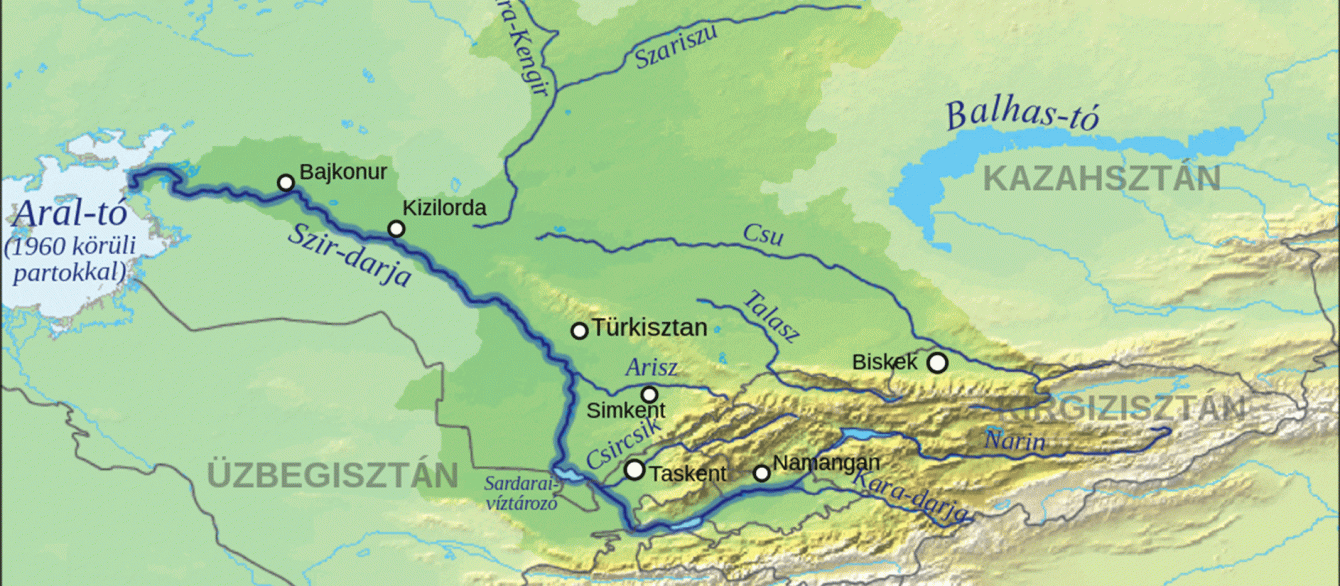The leaderships of Kazakhstan and Uzbekistan have continuously pledged large-scale socio-economic reforms. President Mirziyoyev’s course marks a significant rupture with the preceding political period. One of the seven vectors of the development strategy of New Uzbekistan, he announced in November 2021, entails stimulating the private sector, increasing its share in the economy, and encouraging foreign direct investment with the ultimate goal of improving social welfare. In neighboring Kazakhstan, the aftermath of the January 2022 events ushered the rhetoric of political change, de-monopolization, and de-oligarchization, underpinning the notion of Just Kazakhstan. In the September address to the Nation, President Tokayev promised various reforms, targeting the tax code, pension system, and new tariff policy. The reformist urge of both presidents necessitates large-scale economic redistribution and, potentially, a rewriting of established social contracts. This panel will discuss barriers and opportunities for structural change, focusing on the socio-economic dimension of declared reforms.
Accessibility
The Davis Center for Russian and Eurasian Studies at Harvard University encourages persons with disabilities to participate in its programs and activities. If you anticipate needing any type of accommodation or have questions about the physical access provided, please contact us at 617-495-4037 or daviscenter@fas.harvard.edu in advance of your participation or visit. Requests for Sign Language interpreters and/or CART providers should be made at least two weeks in advance if possible. Please note that the Davis Center will make every effort to secure services but that services are subject to availability.




